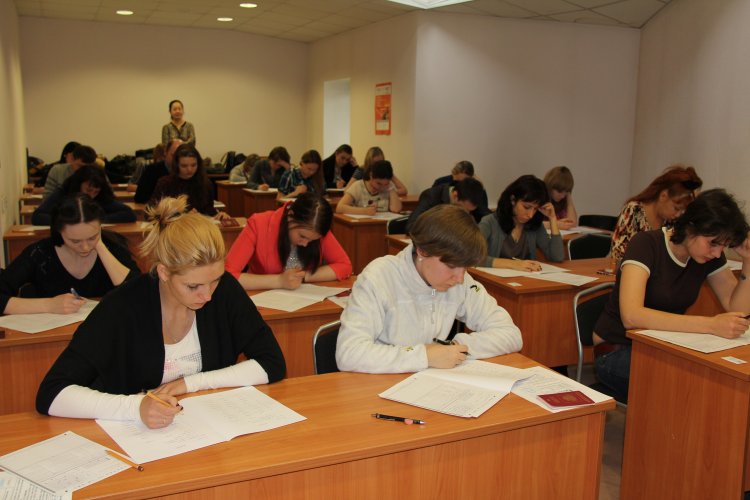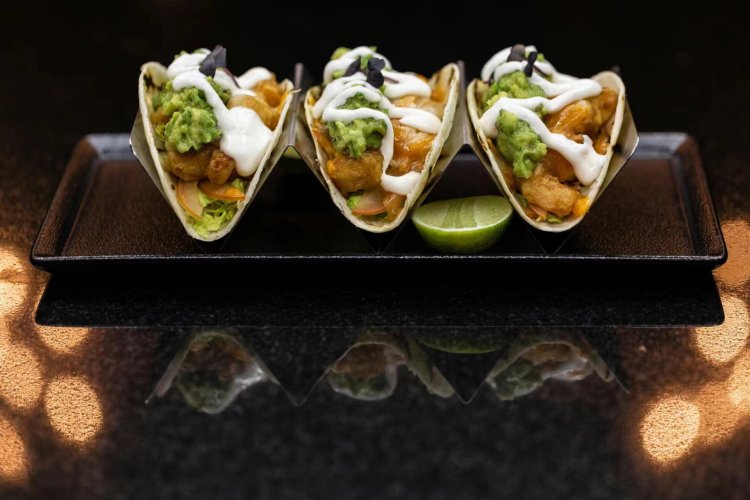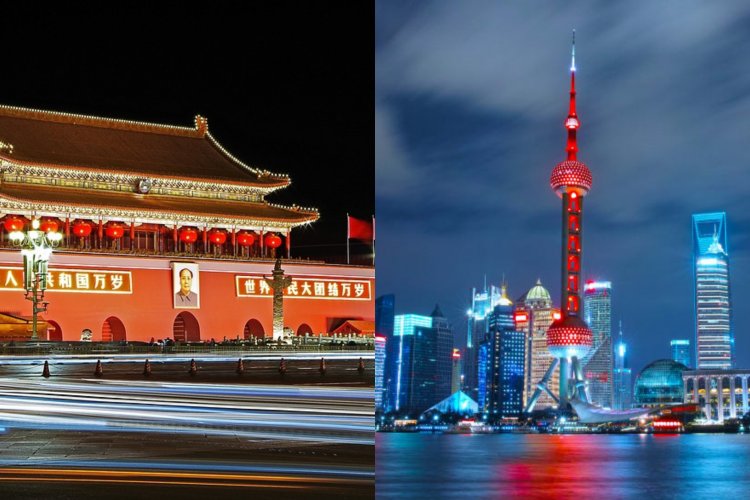Mandarin Monday: Dongyou School Uses Cultural Activities to Enhance Chinese Language Skills
China’s rich heritage is clearly embodied in its language. Learning Mandarin (putonghua) is neither an easy feat nor for the faint of heart, but luckily Beijing has a plethora of Chinese language schools and centers that offer a wide range of programs, courses, and classes. The difference among those choices is often the approach taken to learning the language and is often the deciding factor as to whether students, and even teachers, praise or deride the learning environment.
Both the Costa Rican Embassy and managers at the Italian airline Alitalia have used emerging educational company Dongyou (Beijing) Education Consulting to improve their Chinese language skills and further understand Chinese culture. Mickey Liu and Shirley Wu founded Dongyou in 2016 to provide a quality, fun, language-focused cultural learning experience that breaks from the more strenuous means favored at other language schools across the city.

Dongyou's offices are located in the Dongzhimen area and offer reading and writing classes, HSK training and preparation, as well as tuition in business and tourism Chinese across all levels of the language learning spectrum. Although a bulk of the services is enterprise-based and focuses on collective training and consultation services, Dongyou also offers one-on-one and group classes (in-person or online).
The school customizes the learning experience according to the student's needs and current Chinese language ability. The curriculum and customization system was developed by a team of professional teachers who each had more than two years work experience in order to create, “an interesting and effective learning environment for students,” according to Liu.
“The teachers are great. I have worked with two of them and they do a great job planning the type of class you need based on what you personally would want to achieve. They try their best to accommodate your needs and learning rhythm,” said Grace, a current student who hails from Mexico.
One of the distinctive approaches that they employ is the use of cultural activities as an additional teaching tool to supplement the language. We spoke to founder Liu about four of their cultural activities and benefits of each.

Cultural Festivals Celebration
The school prides itself on having students from diverse backgrounds. These group celebrations create the perfect opportunity to learn new words associated with each holiday, including the historical context, local interpretation, and an appreciation for diversity. Understanding the proper ways of celebrating festivals and important holidays gives the students the added bonus of learning about a culture through fun.
“Celebrating different festivals is a good way to understand and draw comparisons and contrasts between Chinese and foreign cultures and traditions,” Liu says.
Local Traditional Culture Immersion
Part of China’s rich heritage is its traditions, which range across topics as far reaching as numbers, colors, zodiac signs, music, and of course, food. Beijing is famous for one food in particular, Peking duck, which having once been confined to the royal kitchens, can now be found in abundance not only in Beijing but around the world.
Eating Peking duck is not only a delicious pastime; it allows students to practice their ordering skills, food adjectives, and learn about the historical context associated with this delicacy.
Of course, this isn’t the only traditional activity that the school enjoys exposing their students to. Liu says, “We also take students to see Peking opera, taste traditional snacks, and so on, so that students get to learn more about Beijing, the origins of these things, and talk about them.”
Historical Attractions Visits
Forty-eight historical Chinese sites – 37 cultural, eight natural, and three cultural and natural – rank on UNESCO’s World Heritage List as of 2015, placing China second-highest in the total number of heritage sites overall, behind only Italy. Visiting each of the numerous heritage sites in Beijing provides a valuable lesson that allows students to learn about the traditional Chinese characters associated with each site. They also serve as the perfect backdrop for students’ vocabulary building and increasing knowledge surrounding China’s rich history.
“Historical sites offer insight into the socio-economic and living standards of ancient China, a topic that is of interest to many of our foreign students,” Liu adds.
Theme Game Entertainment
Every culture in the world has ways to pass the time that are often deemed interesting, a little bizarre, or downright gross. Dongyou isn’t one to be left out when it comes to having their own fun through games. The school often picks themed games from both Chinese and foreign cultures that can be used to teach students about the language and culture but in a fun way. Games are a great way to break the monotony of the traditional classes and can make it easier for students to remember words through association. Teachers are trained in making the games fluid and fun, and allow for the highest level of understanding.
Grey from the Ukraine says, “Liu is an excellent teacher, and even better, a good person. During our lessons, I feel as though I’m talking to a friend. That makes time fly really fast, and I never get tired, and it aids learning. I improve every day while having fun.”

Mandarin Monday is sponsored by Sanfine International Hospital.

This post is paid for by Dongyou Education Consulting.
Photos courtesy of Dongyou Education Consulting

![[DP] Mandarin Monday: Dongyuan Uses Cultural Activities to Enhance Chinese Language Skills [DP] Mandarin Monday: Dongyuan Uses Cultural Activities to Enhance Chinese Language Skills](https://www.thebeijinger.com/sites/default/files/thebeijinger/blog-images/286347/activity-one_day_trip_to_cuan_di_.jpeg)





